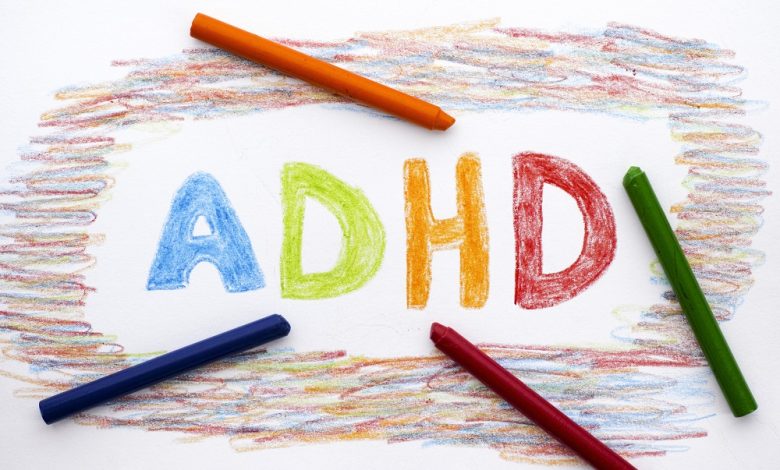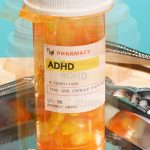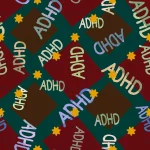Qelbree’s Positive Results and Potential Benefits for ADHD Patients

For the past year, the United States has been grappling with a chronic shortage of medications for attention-deficit/hyperactivity disorder (ADHD). This issue has recently gained more widespread attention, especially as students return to school, highlighting the urgency of finding effective solutions. However, there is a glimmer of hope in the form of Qelbree, a medication that is showing promise in addressing this crisis.
During the Psych Congress 2023, a poster presentation unveiled exciting findings regarding Qelbree’s potential. This medication has demonstrated the ability to enhance the focus of children aged 6 and older when used in combination with stimulants. Additionally, it has exhibited the capacity to improve the long-term efficacy of ADHD treatment in adult patients, as reported by the company responsible for its development.
One particular phase 4 study focused on 110 children aged 6 to 17. In this study, the addition of Qelbree to psychostimulant therapy resulted in significant improvements in ADHD symptoms, regardless of whether it was administered in the morning or evening. This flexibility in dosing may offer new possibilities for tailoring treatment to individual needs.
Furthermore, an open-label extension of a phase 3 study, which initially supported Qelbree’s approval for adults, showcased its effectiveness in improving ADHD symptoms over a period of 265 days for 159 patients. These positive outcomes couldn’t have come at a better time for Supernus, the pharmaceutical company behind Qelbree, as it recently lost patent protection for Trokendi XR, its top-selling product for managing seizures and migraines. The subsequent 60% decline in Trokendi XR sales in the first half of the year underscores the importance of diversifying their product portfolio.
It’s essential to acknowledge the magnitude of the ADHD challenge in the U.S., with an estimated 16.1 million people affected by the condition. Notably, a significant portion of these individuals (between 10% and 30%) struggles with the side effects of stimulant medications, highlighting the critical need for alternative treatments like Qelbree.
The landscape of ADHD medications has evolved over the years, with Shire’s Intuniv being the pioneering non-scheduled ADHD medication approved by the FDA in 2009. Since then, a wave of cost-effective generic versions has flooded the market, providing some relief for those facing the high costs of brand-name medications.
Reflecting on events a year ago, the shortage of generic Adderall triggered a chain reaction, resulting in scarcities of other ADHD treatments such as Ritalin, Concerta, Focalin, and Vyvanse. This underscores the interconnected nature of the pharmaceutical industry and the pressing need for diverse and reliable options to address the healthcare requirements of individuals with ADHD. Ongoing research and development efforts, exemplified by Qelbree’s promising results, offer hope for alleviating the persistent challenges posed by ADHD medication shortages in the U.S.





